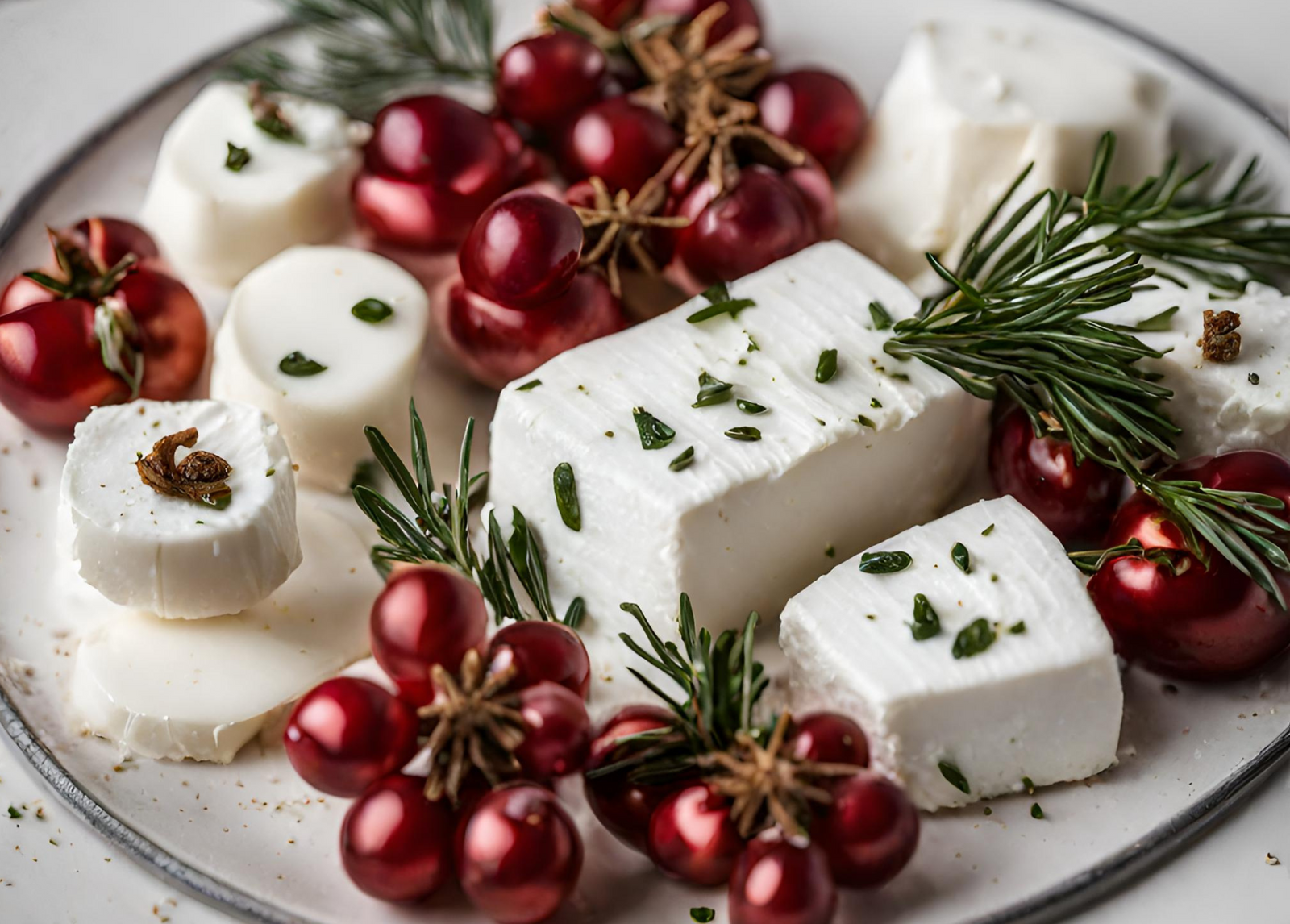Your Cart is Empty
HOLIDAY SALE DEAL ON NOW - GET 15% OF OUR CHEESE MAKING KITS
HOLIDAY SALE DEAL ON NOW - GET 15% OF OUR CHEESE MAKING KITS
HOLIDAY SALE DEAL ON NOW - GET 15% OF OUR CHEESE MAKING KITS

February 07, 2022 2 min read
Which one do you crave the most? A Cheddar Bacon Cheeseburger? A cheesy stuffed crust Pizza? Fresh Baked cheesy bread? All of them? You’re not alone. The salty, fatty goodness that makes you salivate should you get even a tiny whiff. It’s just so good, many will say. Well, there’s more to the story. You may, in fact, be hooked, so to speak.
It turns out there’s a reason behind our cravings. Cheeses (and dairy products) contain modulus called casein and casomorphins. When consumed they cross the blood-brain barrier and attach to dopamine receptors in your brain. This causes your brain to release dopamine, a neurotransmitter related to feelings of pleasure and reward!
Essentially, the more casomorphins your brain is exposed to, the more pleasure you experience. This may lead you to crave foods like cheese.
Interestingly, cheese’s high fat content may make it easy to crave.
Food cravings are triggered by the part of your brain that handles reward. The release of endorphins after eating can be particularly pleasurable, leading you to want more of the same experience. Although these cravings are often thought to stem from your brain trying to replenish a specific nutrient, definitive research is lacking
There may even be an evolutionary component at play, as high fat foods were likely a survival mechanism for prehistoric humans. This may explain why low fat, low calorie foods like fruits and vegetables are generally less likely to trigger cravings as frequently as processed, high fat ones.
While cheese may contain compounds with mildly addictive and pleasure-inducing properties, it doesn’t threaten your health. Some test-tube studies even suggest that casomorphins have health benefits, such as anticancer and antioxidant properties — although more research is needed.
What’s more, cheese is a good source of protein and calcium. Certain high fat types also contain conjugated linoleic acid (CLA), which may lower inflammation and promote heart health!
Sources:
Panoff, L. (2019, December 11). Is cheese addictive? Healthline. Retrieved February 8, 2022, from https://www.healthline.com/nutrition/is-cheese-addictive#:~:text=Cheese%20may%20be%20mildly%20addictive,t%20dangerous%20in%20any%20way.
Comments will be approved before showing up.

December 19, 2024 2 min read

December 05, 2024 2 min read
Sign up to get the latest on sales, new releases and more …